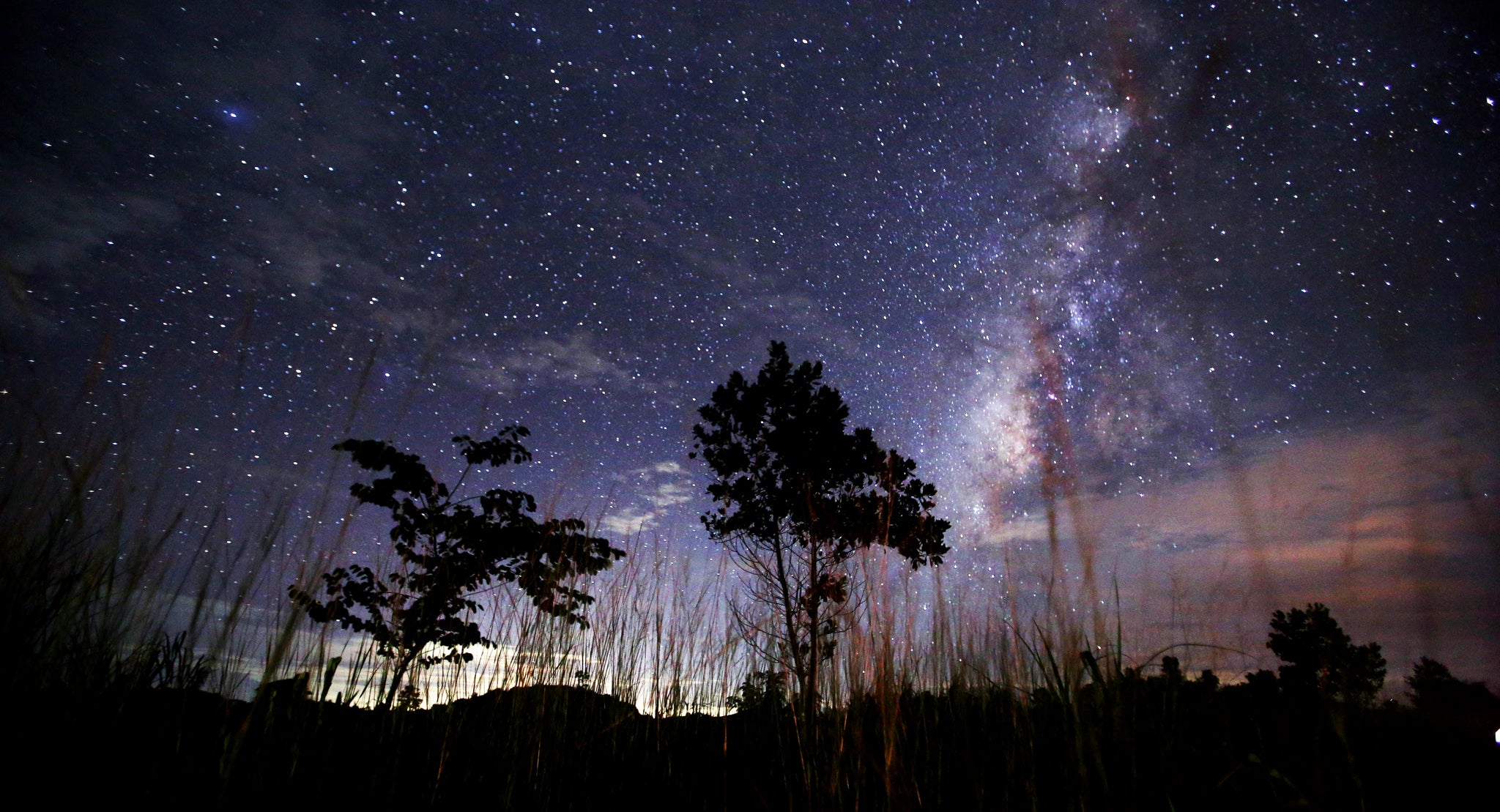We will have definitive evidence of alien life in 20 years, Nasa chief scientist believes
Strong indications of life beyond Earth could be found within a decade

Your support helps us to tell the story
From reproductive rights to climate change to Big Tech, The Independent is on the ground when the story is developing. Whether it's investigating the financials of Elon Musk's pro-Trump PAC or producing our latest documentary, 'The A Word', which shines a light on the American women fighting for reproductive rights, we know how important it is to parse out the facts from the messaging.
At such a critical moment in US history, we need reporters on the ground. Your donation allows us to keep sending journalists to speak to both sides of the story.
The Independent is trusted by Americans across the entire political spectrum. And unlike many other quality news outlets, we choose not to lock Americans out of our reporting and analysis with paywalls. We believe quality journalism should be available to everyone, paid for by those who can afford it.
Your support makes all the difference.The discovery of extra-terrestrial life, probably the most exciting event in human history, may well take place within most of our lifetimes, a high-ranking Nasa scientist has predicted.
"I think we're going to have strong indications of life beyond Earth within a decade, and I think we're going to have definitive evidence within 20 to 30 years," Nasa chief scientist Ellen Stofan said on Tuesday, during a panel discussion focusing on the space agency's search for habitable environments outside of Earth.
"We know where to look. We know how to look," Stofan added, "In most cases we have the technology, and we're on a path to implementing it. And so I think we're definitely on the road."
Nasa believes such discoveries could happen so soon as they will not take place in deep space but in our own solar system and others in the Milky Way.
Sharing Stofan's optimism, associate administrator for Nasa's Science Mission Directorate John Grunsfeld said: "I think we're one generation away in our solar system, whether it's on an icy moon or on Mars, and one generation [away] on a planet around a nearby star."
If life, in whatever form it takes, is found in orbit of the Sun, it could well be on Jupiter's moons Europa and Ganymede or Saturn's satellite Enceladus, which hold seas beneath their icy surfaces.
The Milky Way is "a soggy place," Paul Hertz, director of Nasa's Astrophysics Division, explained.
"We can see water in the interstellar clouds from which planetary systems and stellar systems form.
"We can see water in the disks of debris that are going to become planetary systems around other stars, and we can even see comets being dissipated in other solar systems as [their] star evaporates them."
These estimates don't even take into account the fact that alien life may be able to prosper in conditions different to those required by humans, e.g without need for water.
Join our commenting forum
Join thought-provoking conversations, follow other Independent readers and see their replies
Comments